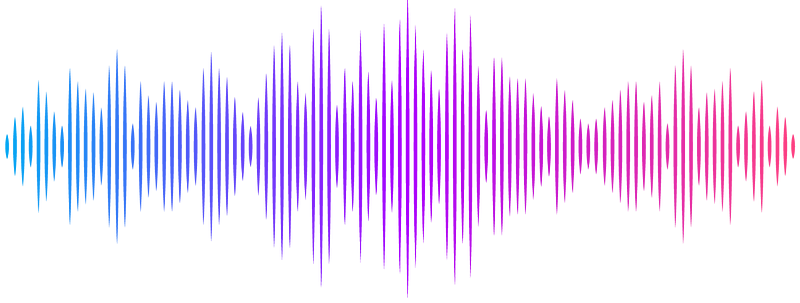Screening for pro-adhesive compounds and their relevance as therapeutic approach in Arrhythmogenic Cardiomyopathy

Screening for pro-adhesive compounds and their relevance as therapeutic approach in Arrhythmogenic Cardiomyopathy
Hanns, P.; Colpaert, R. M. W.; Castellanos-Martinez, R.; Weidner, F.; Beensen, S.; Matthias, F.; Xu, L.; Kuster, G. M.; Schinner, C.
AbstractBackground: Arrhythmogenic Cardiomyopathy (ACM) is one of the major causes of sudden cardiac death in young adults. With the underlying patho-mechanisms not well understood, current therapeutic approaches for this genetic disease are solely symptomatic. A recent study demonstrates that loss of cell-cell adhesion is an important initial step leading to ACM. Because loss of cell-cell adhesion is considered a key initial step, we aim to identify new compounds from a drug library, which can restore intercellular adhesion and potentially serve as therapeutics for ACM. Methods: We established a 2D cell adhesion-based high-throughput platform and screened an FDA-approved drug library. To model loss of intercellular adhesion, human cell lines deficient for the desmosomal adhesion molecule desmoglein-2 (DSG2) were employed and the revealed top candidates were validated in cells expressing different ACM patient mutations. The therapeutic potential of the top hit dexamethasone was evaluated in an inducible ACM disease mouse model using ECG, echocardiography and histology. Phospho-proteomic analysis was applied to investigate protective drug mechanisms. Results: We established a set-up to sensitively detect changes in cell-cell adhesion via a high-throughput platform and applied this approach to identify a large pool of adhesion-strengthening compounds in DSG2 deficient cells. The pro-adhesive effect of selected candidates was validated for different ACM patient mutations inducing defective cell cohesion. Importantly, in vivo administration of the selected top pro-adhesive drug dexamethasone rescued impaired right ventricular function in an ACM mouse model. Phospho-proteome analysis suggests modulation of AKT1/AMPK1 signaling and changes in cardiac contractility and junctional components as factors contributing to this protective effect. Conclusions: We developed an adhesion-based high-throughput screening platform capable of identifying adhesion modulators. We revealed and validated several pro-adhesive compounds and showed a protective effect for the top candidate dexamethasone in an ACM mouse model. This indicates the potential of adhesion-strengthening compounds as therapeutic strategy in ACM and lays the basis for detailed follow-up studies. Moreover, these results and methods can be translated to other diseases with defective desmosomal adhesion.